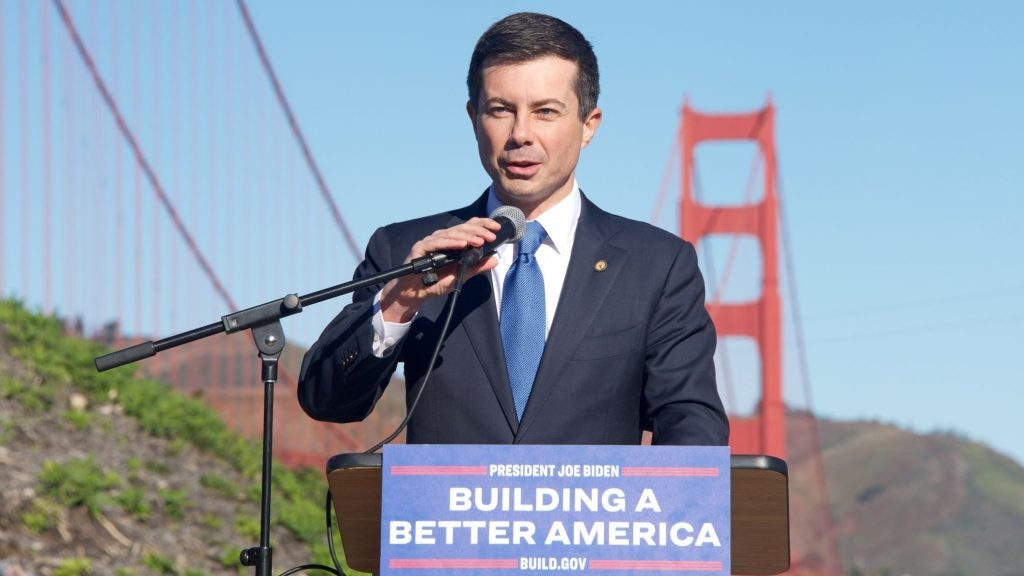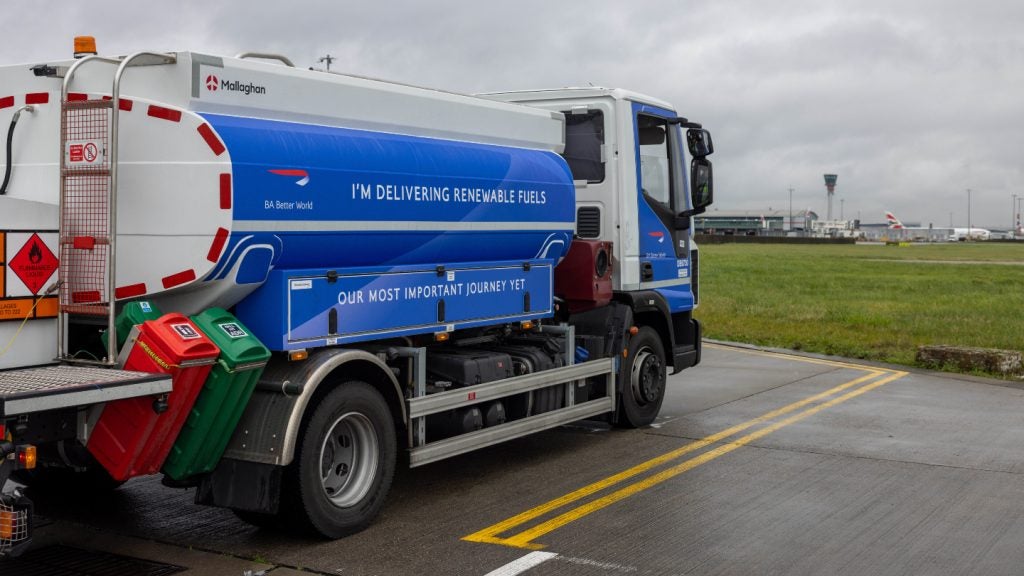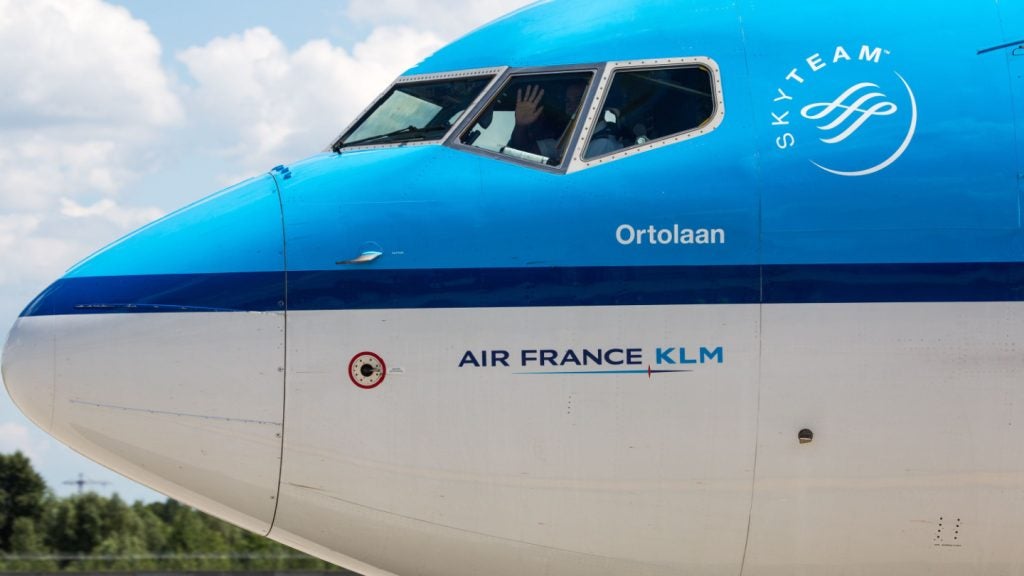
Experts at a COP28 side event have said only 5% of hydrogen projects agreed at the conference have received final investment, despite widespread agreement on the chemical’s importance for the future of eco-friendly transport.
“We have 150 hydrogen-related events here at COP,” said Jorgo Chatzimarkakis, CEO of Hydrogen Europe, during the EU Transport Day’s Connecting Hydrogen Valleys across the globe session. “But only 5% of these [hydrogen] projects have reached the final investment decision.”
Yesterday (6 December) at the event, 39 countries launched a declaration of intent to bolster the production and trade of hydrogen.
The agreement commits to a universal certification standard for hydrogen and joint public-private initiatives for the chemical’s production.
Hydrogen – the future of sustainable travel?
Hydrogen, which does not release carbon dioxide when burnt, is seen by many as the future of green transport.
See Also:
Indeed, in a poll of 217 respondent across Airport Technology’s energy-focused B2B sister sites Energy Monitor and Offshore Technology, over two-thirds (68.6%) said they believed low carbon hydrogen production will play an important role towards meeting the interim net-zero emissions targets for 2030.
How well do you really know your competitors?
Access the most comprehensive Company Profiles on the market, powered by GlobalData. Save hours of research. Gain competitive edge.

Thank you!
Your download email will arrive shortly
Not ready to buy yet? Download a free sample
We are confident about the unique quality of our Company Profiles. However, we want you to make the most beneficial decision for your business, so we offer a free sample that you can download by submitting the below form
By GlobalDataThe hydrogen market is forecasted to surpass the value of the liquid natural gas (LNG) trade by 2030 and reach $1.4trn per year by 2050, according to a report by Deloitte.
GlobalData research, however, predicts hydrogen will not gain a significant foothold in the transport industry until 2035.
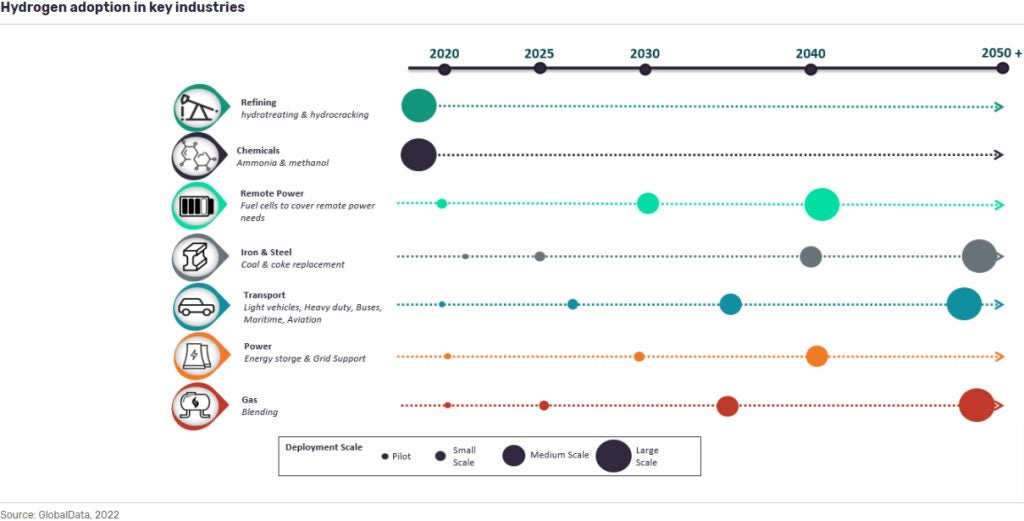
Higher costs and transportation issues were highlighted as the main issues with hydrogen by attendees of the COP28 event.
In response, Chatzimarkakis called on governments to “reduce the VAT on hydrogen activities”.
At a separate roundtable discussion in Dubai, the Minister of Energy and Infrastructure for the UAE, Suhail Mohamed Al Mazrouei, also spoke on hydrogen’s high-cost limitations.
“If it is not affordable, then we are not meeting the strategy,” Al Mazrouei said. “In the UAE, we have a dedicated strategy on hydrogen, primarily green hydrogen, and the aim is to provide it at the right price.”
Hydrogen production extends across the Pyrenees
Panellists pointed to the importance of such cross-border collaboration in overcoming issues around hydrogen transportation.
Jose Antonio Vicente, director-general of Spain’s north-eastern Aragon region, called on his country to exploit its location in the centre of the Iberian Peninsula which connects Europe and Africa.
“We have the privilege of our geostrategic position in our country,” Vicente said. “If we look at the world traffic of goods … Spain has one of the largest logistics platforms in the south of Europe.”
In 2003, Aragon’s regional government became one of the first to launch a hydrogen strategy to produce the chemical for “transport applications”. Catalonia, the Basque Country, and Navarre have since collaborated with Aragon on hydrogen valley projects.
Vicente pointed to further overlap “between this Spanish corridor and two other regions in the south of France, New Aquitaine and Occitanie”, which borders Aragon. He did not divulge specifics of any Spain-France deal.
On Monday (4 December), Engie-owned Hyport opened Europe’s first green hydrogen production, storage, and distribution station.
Located at the Toulouse-Blagnac Airport in Occitanie, the station has received €7.2m ($7.8m) investment from Ademe, France’s environmental transition agency, the EU, and Occitanie regional authorities.
Airbus’ hydrogen network to grow
Europe is home to the highest concentration of hydrogen-producing sites, data from Hydrogen Valleys shows.
“Most hydrogen valleys are still in the early stage of development”, Rosalinde van der Vlies, Director-General for Research and Innovation at the European Commission, said during the COP28 side event.
Several transport companies are already looking to hydrogen solutions in response to mounting criticism over unsustainable practices.
Earlier this week, Hamburg Airport became the first in Germany to join Airbus’ hydrogen network, which includes member from 11 countries across Europe, North America and the Asia-Pacific region.
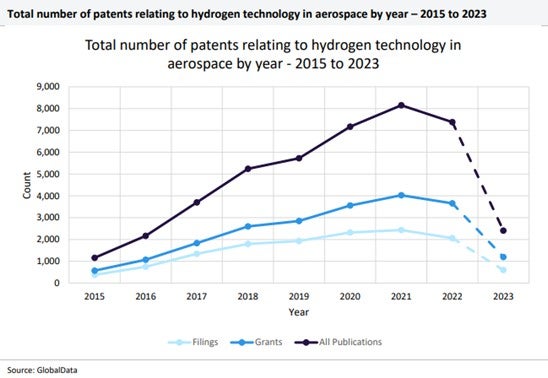
Reports have highlighted Airbus, Shell and GKN Aerospace as some of the leading players in the hydrogen aircraft sector, while GlobalData analytics have shown a continued rise in the number of patents relating to hydrogen in recent years, stalling only slighlty in 2022.
Our signals coverage is powered by GlobalData’s Thematic Engine, which tags millions of data items across six alternative datasets — patents, jobs, deals, company filings, social media mentions and news — to themes, sectors and companies. These signals enhance our predictive capabilities, helping us to identify the most disruptive threats across each of the sectors we cover and the companies best placed to succeed.


